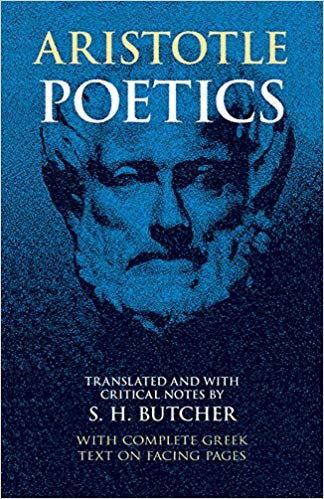


Whalley's new translation makes a major contribution to the study of not only the Poetics and tragedy but all literature and aesthetics. He identifies a deep congruence between Aristotle's understanding of mimesis and Samuel Taylor Coleridge's view of imagination. In the Poetics, his near-contemporary account of classical Greek tragedy, Aristotle examine the dramatic elements of plot, character, language and spectacle.

We know that Aristotle also wrote a treatise on comedy that has been lost. Poetics by Aristotle I propose to treat of Poetry in itself and of its various kinds, noting the essential quality of each to inquire into the structure of the plot as requisite to a good poem into the number and nature of the parts of which a poem is composed and similarly into whatever else falls within the same inquiry. The portion of the Poetics that survives discusses mainly tragedy and epic poetry. The volume includes two essays by Whalley in which he outlines his method and purpose. Aristotle proposes to study poetry by analyzing its constitutive parts and then drawing general conclusions. Whalley's unconventional interpretation emphasizes Aristotle's treatment of art as dynamic process rather than finished product. George Whalley's English translation of the Poetics breathes new life into the study of Aristotle's aesthetics by allowing the English-speaking student to experience the dynamic quality characteristic of Aristotle's arguments in the original Greek.Īristotle's Poetics combines a complete translation of the Poetics with a running commentary, printed on facing pages, that keeps the reader in continuous contact with the linguistic and critical subtleties of the original while highlighting crucial issues for students of literature and literary theory.


 0 kommentar(er)
0 kommentar(er)
